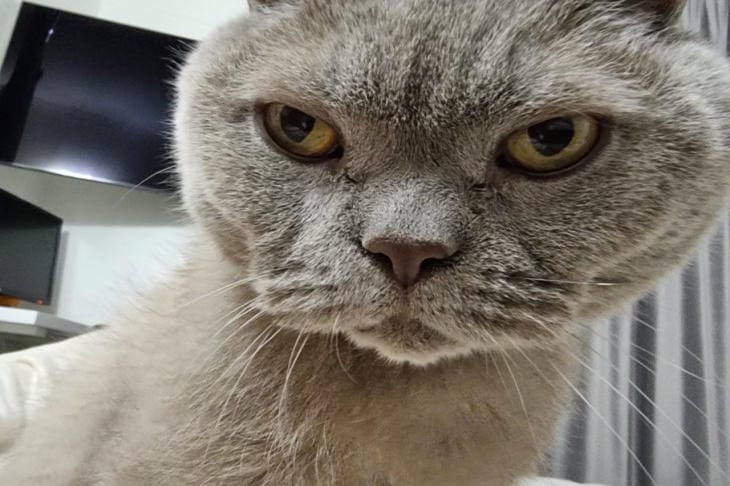Why Do Cats Purr: Unraveling Their Cat Language
The purring of cats is one of the mysteries of the feline world.
And while this sound may seem like a simple expression of contentment or comfort, in reality, cats purr for many different reasons and meanings.
Purring is not only a sign of joy or contentment. When a cat purrs, it can express its well-being, but it can also be a sign of anxiety, stress, or even pain.
Cats may purr when they feel pain or discomfort, using it as a way of "self-healing" - purring speeds up the healing of bones and tissues.
However, most often cats purr as a sign of their good mood.

Purring can be caused by various factors, such as communication with the owner, touching, petting, or even the sight of a favorite toy.
It is a kind of "social" sound that a cat makes to show its affection and comfort in human company.
Surprisingly, cats also purr to themselves. For example, when they are sitting in a secluded place where they feel protected, purring becomes a kind of self-support and self-soothing.
Cats' purring also has an evolutionary explanation.
In nature, a kitten purrs to let its mother know it is okay and to get her attention. Therefore, adult cats continue to use this vocal means of communication to establish and maintain contact with others.
In order to correctly interpret your cat's purring, it is important to pay attention to the context of the situation.
If the purring is accompanied by a gentle massage of the paws, the cat is probably expressing its satisfaction.
Whereas, if the purring occurs suddenly and the cat appears tense, it may indicate stress or anxiety.
This is a unique means of communication that makes the cat world even more mysterious and attractive to its owners.
